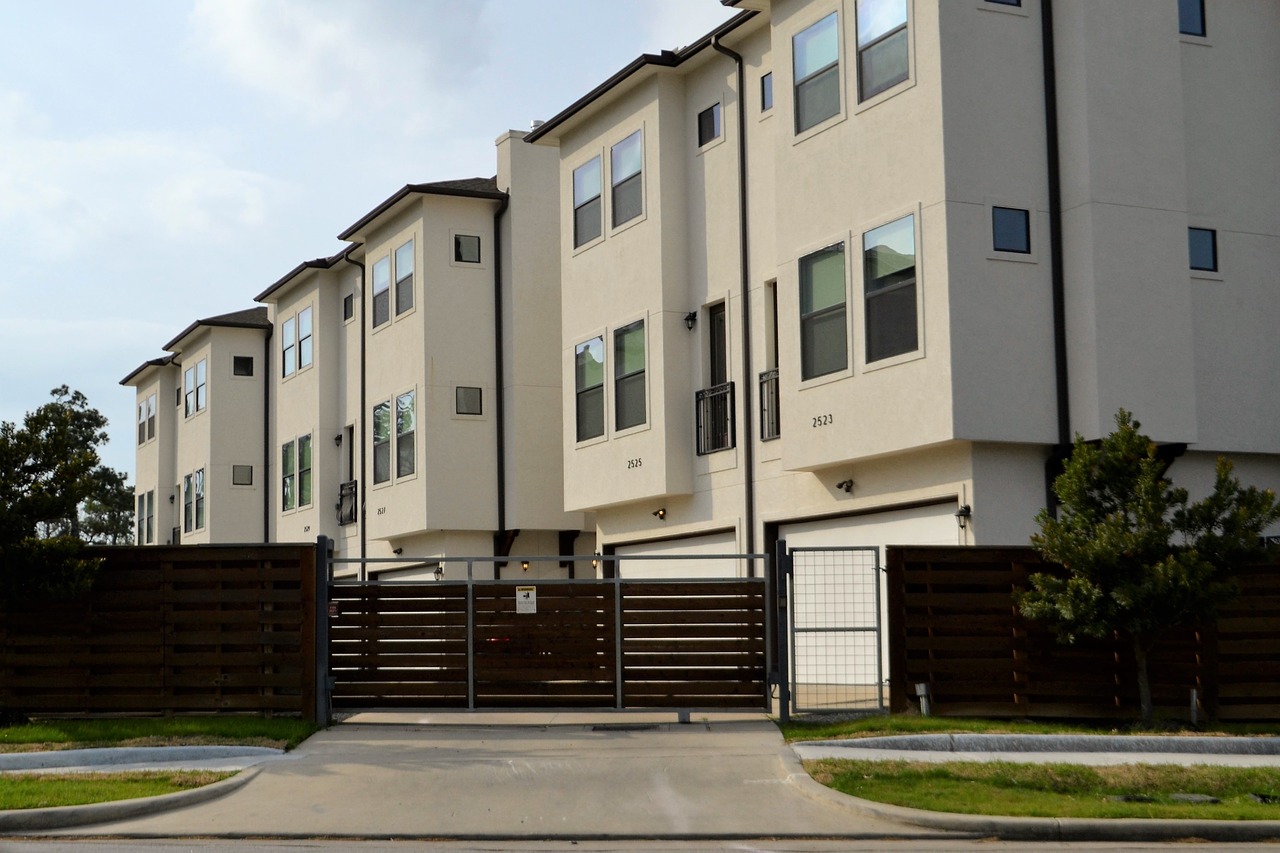
There are many reasons why a landlord may choose to reject your rental application. You may be surprised to learn that some of these reasons have nothing to do with your credit score or rental history. In this blog post, we will discuss the most common disqualifying factors for renting an apartment. We will also provide tips on how to avoid being rejected by a landlord. Keep in mind that each landlord has their own set of rules and regulations, so it is important to be aware of them before you apply!
The most common reason for a landlord to reject a rental application is incomplete paperwork. Make sure that you fill out every section of the application and provide all of the required documents. If you have any questions, be sure to ask the landlord or rental agent before you submit your application.
Another frequent reason for rejection is lack of income. Most landlords require that tenants earn at least three times the monthly rent amount. For example, if the rent is $1000 per month, the tenant would need to show proof of income in the form of pay stubs or tax returns totaling at least $3000 per month. If you are self-employed, you may need to provide additional documentation such as bank statements or profit and loss statements.

Bad credit is another common reason for rejection. Landlords typically run a credit check on all applicants to see if they have a history of late payments, collections, or bankruptcies. If your credit score is low, you may still be able to rent an apartment by providing a larger security deposit or offering to pay rent in advance.
Some landlords also require tenants to submit to a criminal background check. This is usually done through the FBI’s National Crime Information Center (NCIC). If you have any felony convictions, you will likely be disqualified from renting an apartment. In some cases, misdemeanor convictions may also result in rejection.
Insufficient move-in funds are often cited as a reason for rejection. Most landlords require tenants to have enough money saved up to cover the first month’s rent, last month’s rent, and a security deposit (usually equal to one month’s rent). If you cannot provide proof of these funds, you may be rejected.
An extended move date can also be a disqualifying factor. Landlords typically want tenants to move in within 30 days of signing the lease. If you need more time than that, you may be required to sign a short-term rental or pay an additional fee.
Pets are another common reason for rejection. Many landlords do not allow pets of any kind, so it is important to check the rules before you apply. Even if the landlord does allow pets, they may require an additional deposit or fee.
False information on your rental application is grounds for immediate rejection. Be sure to double-check all of the information you provide, including your contact information, employment history, and previous addresses. Any discrepancies will likely result in a rejected application.
The rental agent may also be a reason for rejection. If the agent is difficult to work with or seems unprofessional, it may reflect poorly on you as an applicant. In some cases, you may be able to request a different agent.
Some landlords have very specific and unusual disqualifying factors for renting their apartments. For example, one landlord may reject an offer because the renters have eucalyptus plants in their home. This is because the landlord’s cat was killed by a eucalyptus plant in the past. Other landlords may disqualify potential renters based on their credit score, employment history, or even their criminal record. While these factors may seem unfair, it is important to remember that landlords have the right to choose who they rent to. They are not required to rent to anyone who does not meet their criteria.
Finally, bad references from previous landlords can disqualify you from renting an apartment. Be sure to provide the contact information for your current and previous landlords so that they can be easily reached if needed. If you have a history of late payments, damage to property, or other problems, it will likely be reflected in your references.
Keep these disqualifying factors in mind when applying for an apartment. By being prepared and knowing what to expect, you can increase your chances of being approved for the rental unit you want!